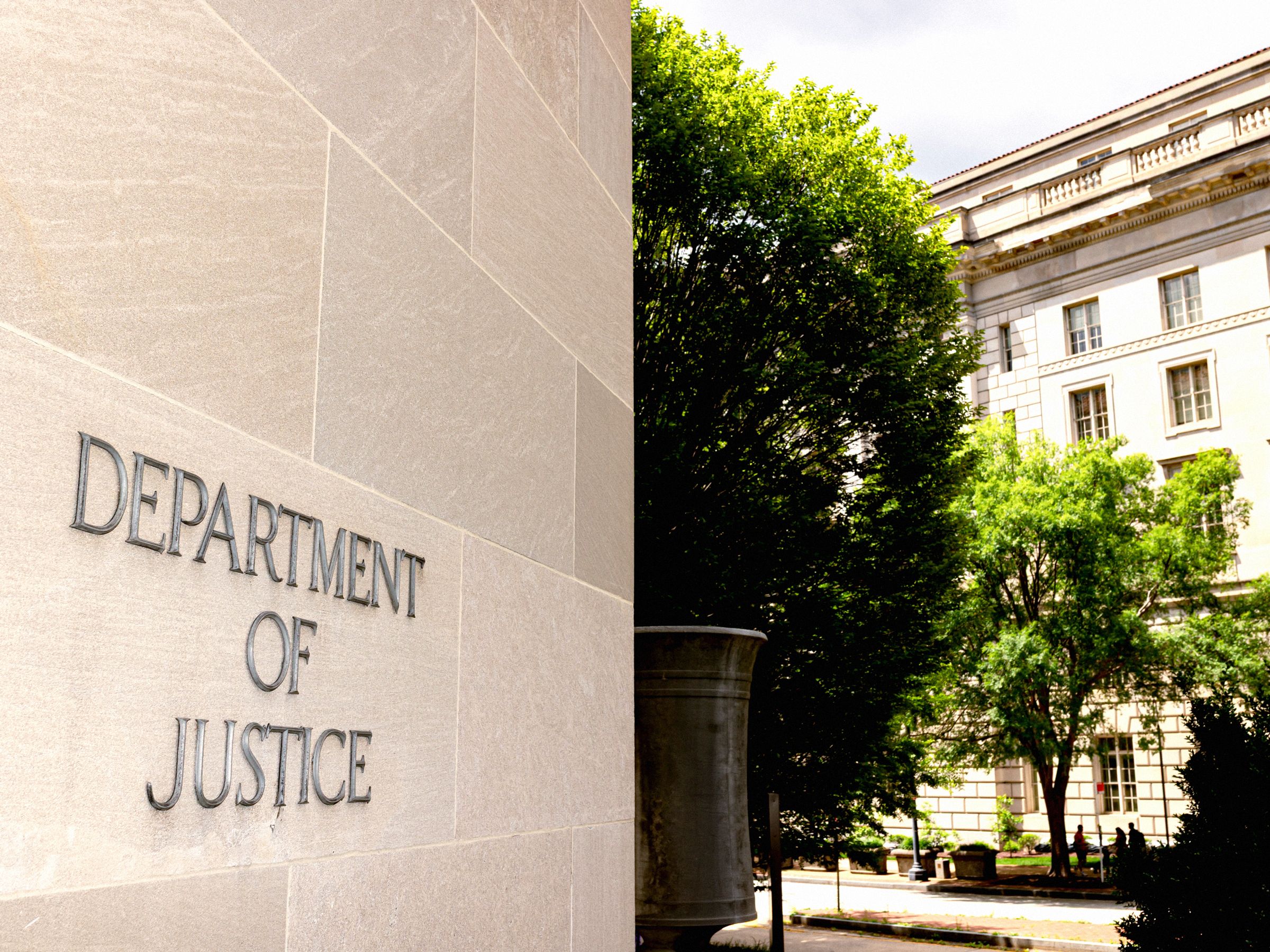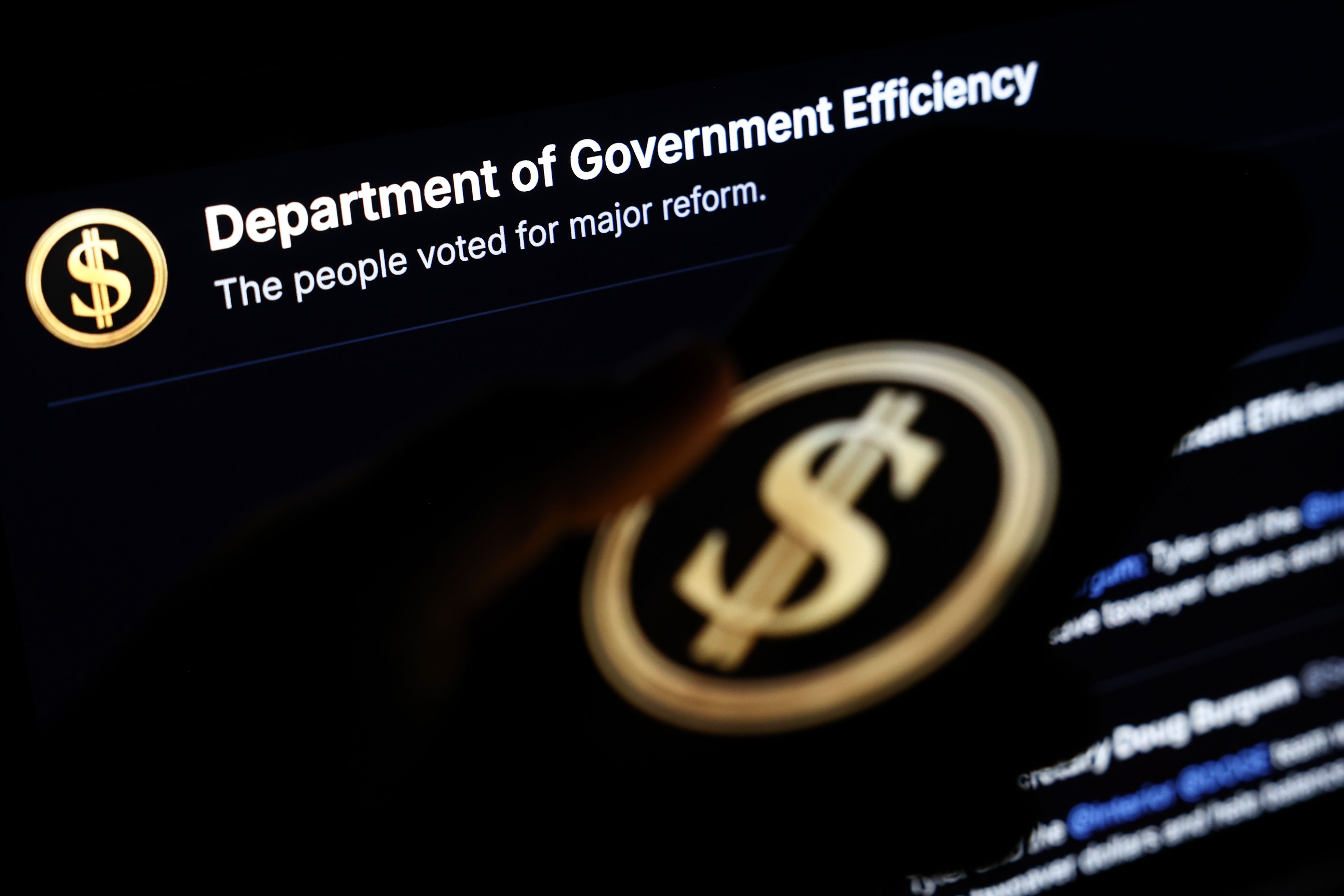Tornado Cash Developer Roman Storm Guilty on One Count in Federal Crypto Case
Roman Storm, the developer behind the popular decentralized privacy tool Tornado Cash, has been found guilty on one count in a federal crypto case. The case revolved around Storm’s involvement in creating and promoting the privacy-focused cryptocurrency mixer.
The jury deliberated for several hours before reaching a verdict, convicting Storm of aiding and abetting money laundering. The prosecution argued that Tornado Cash enabled criminal activities by allowing users to mix their funds and obscure the origins of illicit transactions.
Storm’s defense team maintained that Tornado Cash was designed to protect user privacy and was not intended for illegal purposes. They plan to appeal the verdict and continue to defend Storm’s reputation.
The outcome of this case has sparked debate within the cryptocurrency community about the implications of developing privacy-focused tools in the face of increasing regulatory scrutiny. Some believe that privacy-enhancing technologies are crucial for financial freedom, while others argue that they can be abused for illicit purposes.
Storm’s conviction serves as a cautionary tale for developers in the crypto space, highlighting the potential legal risks associated with creating tools that could be used for money laundering or other illegal activities.
As the crypto industry continues to evolve, it will be important for developers to navigate the regulatory landscape carefully and ensure that their projects comply with existing laws and regulations.
Despite the guilty verdict, Storm remains a respected figure in the crypto community, with many supporters rallying behind him in the wake of the trial.
It remains to be seen what impact this case will have on the future development of privacy-focused cryptocurrencies and tools like Tornado Cash.





More Stories
Decoding Palantir, the Most Mysterious Company in Silicon Valley
AI Isn’t Coming for Hollywood. It Has Already Arrived
Inside the Biden Administration’s Gamble to Freeze China’s AI Future